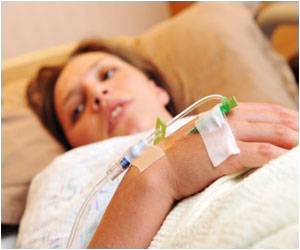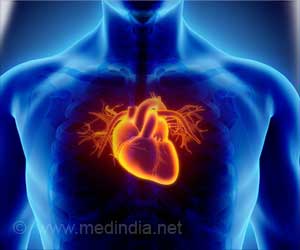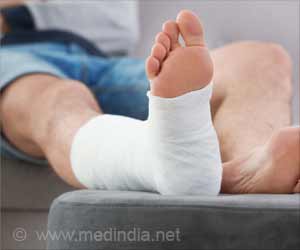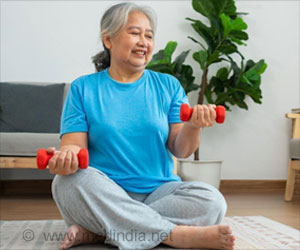Maintaining a regular frequency of physical activity can improve overall, physical, psychological, and social frailty among older adults, reveals a new study.

‘Becoming frail raises the risk of poor health, falls, disability, and other serious concerns. But, maintaining a healthy lifestyle may decrease your chances of becoming frail.
’





One aspect of a healthy lifestyle is getting regular physical activity. However, studies on the association between physical activity and frailty among older adults show different results. Some studies suggest that regular physical activity could delay frailty and reduce its severity, but other studies do not. And most of the studies have examined people aged 50 to 70, so the information we have for people over age 70 is limited. To address this gap, researchers conducted a new study as part of a European project that promotes healthy aging in older adults. They examined the benefits of assistance that helps older adults follow their prescribed medications and prevent falls, frailty, and loneliness. The participants received care at study sites in five European countries (Spain, Greece, Croatia, the Netherlands, and the United Kingdom).
Among other questions, the participants were asked, "How often do you engage in activities that require a low or moderate level of energy such as gardening, cleaning the car, or taking a walk?"
Researchers considered that "regular frequency" was engaging in such activities more than once a week; "low frequency" involved engaging in these activities once a week or less.
Of the participants, 1,215 adults over the age of 70 were included in the group that received assistance. 1,110 received no intervention but were followed for comparison. Participants in the first group received a risk assessment, shared decision-making, and care aimed at reducing their fall risk, inappropriate medication use, loneliness, and frailty.
Advertisement
The participants who were regularly, moderately active were the least frail, and participants who were moderately active less than once a week were the most frail.
Advertisement
Source-Eurekalert














